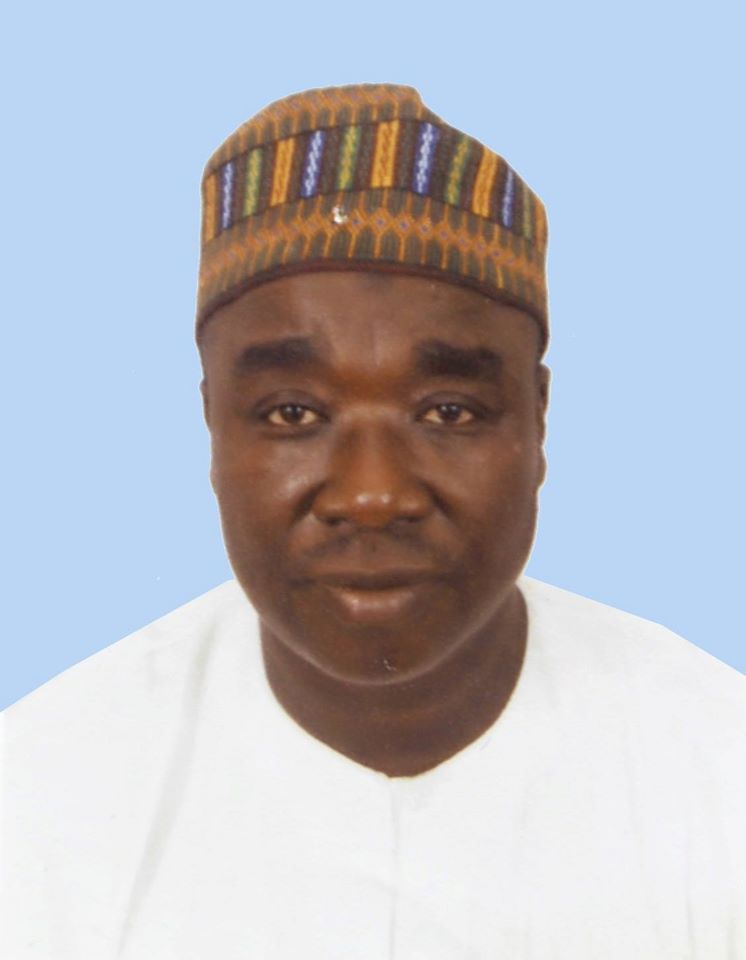By Ndidi Chukwu
The Sabin Vaccine Initiative and National Immunization Financing Task Team (NIFT), organized an Anglophone Peer Review Workshop for Sustainable Immunization in Africa. The goal for the workshop is to ensure funds are made available for Immunization activities in Africa and Nigeria. Five African countries participated in the event to chat ways on how countries can sustain their immunization programs. In this interview, the Executive Director of Niger State Primary Health Care Development Agency (SPHCDA) Dr. Shehu Aliyu Yabagi, who the participated in the workshop, shared the Niger experience. Excerpt:
Africa has a huge task ahead to fund immunization and sustain it without Donor Partners support. From your experience, do you think Nigeria can scale through this self-funding of routine immunization activities?
From the deliberations I see prospects for Africa, and the will to sustain its immunization activities when donor funds are withdrawn. This peer review workshop provides opportunity for African countries to share experiences of how they have progressed. For Nigeria I am happy that an issue like the Immunization Trust Fund was discussed and the Primary Health Care under One Roof, these are good ways of funding immunization. There is also the issue of local manufacturing of vaccines and states also contributing to procurement of vaccines, so I see prospects in it, we are also happy that we have legislators from other countries who have shared their experiences on what they did differently in their countries to be able to have a law for immunization financing.
Talking about legislation, what impact has Niger state legislators made regarding the 2016 budget?
One good thing happening in Niger state is that Primary Health Care under One Roof is one of the priorities of Governor Abubakar Sani Bello. Like I said earlier, funding is one of the pillars of Primary Health Care under One Roof. For each zone we are making sure there is one functional Primary Health Care (PHC). Any budget on PHC under one roof is given priority. We have immunization counterpart funding, we are hoping that adequate fund as allocated for Immunization will be passed.
The issue budget code for immunization has severally been discussed and the need for all states to have one for easy tracking of immunization allocation , does Niger state have a budget code?
The SPHCDA has its own budget line, with a budget code, in that budget code, various PHCs activities are lined up, immunization is one of them, Maternal New born and child health which also have its own immunization component in it. There is a counterpart funding for all of these programs which have been built into the budget, so that when partners make their contributions for immunization activities for example, we take the counterpart fund made available in the budget to add to it for the program.
Does that mean each of the programs in the agency budget are given a sub-code, like numbers which identifies allocation for each of the programs or are funds used when they are available for programs?
No, in the submission of the budget, it is specified that certain amounts are to be used for some identified programs, but when it appears in the budget it will be like counterpart fund for Primary Health Care activities.
Sir, do you consider pre-budget meetings relevant during your budget planning process, with participation of CSOs to ensure adequate allocations is made for Immunization programs?
There is no way we will pass budget without pre-budget meeting, it is very essential, and is the time we sit with the budget and planning and the Ministry of Health in a meeting these people will need to look at the budget and be sure what is budgeted is what is needed before they will go to the house to defend it before the budget will be passed. Pre-budget meeting is when the ministry takes the budget to the Planning Commission. Allocations are done based on envelops, and whatever is allocated has to align it is during pre-budget meetings that these things are analyzed.
Do CSOs and Media participate in these meetings?
Budget meeting like that of the ministries it may be possible but we have not started inviting partners into pre-budget meetings. But if any CSO or partner is interested, they can be invited to participate in the state’s pre-budget meetings.
The NPHCDA has signed a Memorandum of Understanding with your state for RI PUSH, can you explain what it is about?
What it means is health freights being carried to the facilities from the state, while PULL was before that the health facilities and Local governments request for, now the drugs are pushed to the health facilities and then the health facilities keep records, we are also going to ensure the vendors that are carrying our this activity will return with data in respect to the immunization activities and how they are being implemented. They track implementation and note the number vaccines given to each of the facilities and the number used, so with that, we are sure that vaccines will be available and no more stock out stories in the state that is PUSH and we will commence in the month of May. We have signed the contract award and the MoU.
Do you think this laudable step will be sustained in your state?
Yes, why not? We will sustain it, after a one year pilot program we will prepare to take over the project.
As an RI Champion this workshop has given you new insights on how to ensure implementation of your programs for RI. What will you do differently after now, for improved routine immunization activities in Niger State?
The peer sharing exercise is wonderful as a champion. I have been able to meet some champions too, with what has been discussed and the experiences shared. I have also seen advocacy windows and things that I have to do differently when I return to my state.




